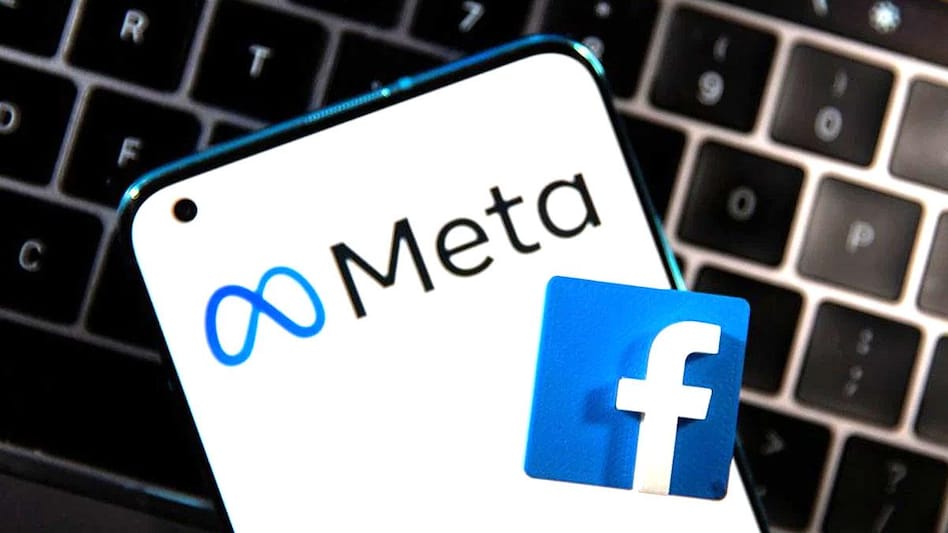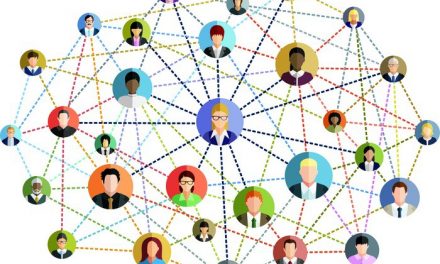Recently, on the 28th of October 2021, Facebook announced that it is now rebranding to Meta. This change in name marks the beginning of its trajectory is moving towards a metaverse. That is where the name Meta comes from – the word metaverse. What is the metaverse, you might wonder? The metaverse is a hypothetical future (counterpart or continuation of the) internet, created by the convergence of virtually enhanced physical reality and physically persistent virtual space. (I will break this down later on in the article).
Rebranding To Meta – The Vision
This rebranding exercise affirms Facebook’s widening service range. They want to go beyond just mere social networking. Ideally, they want to move towards and materialize a metaverse. This is a time and place where people will be able to interact using a blend of physical and virtual realities.
Facebook founder, Mark Zuckerberg asserts that the metaverse will be the next big thing since the advent of the mobile internet. In his words, he said, ‘we will be able to feel present – like we are right there with people, no matter how far apart we are’. If you watch sci-fi films a lot, I am sure you have an idea of what he meant by that.
The Metaverse In Simpler Terms
To understand what the Meta vision is all about you need to grasp what the metaverse is. The concept of a metaverse is interesting in that primarily it is considered hypothetical. This means some people dispute the possibility of it happening in real life. However, a hypothesis is of course a testable statement so it can also be validated or proved.
What many do not realize is that the world is well on course towards a metaverse. You could say the metaverse will be a dispensation when artificial intelligence eclipses human intelligence. In essence, it will be a time when your digital life supersedes your physical life. This sounds larger than life but that is where the world is headed. Some of the stuff that has always been considered science fiction will become real life.
Over the past 2 decades, this journey towards a metaverse has been gradually unfolding. Look at your life right now – so much of it is now largely digital. You now have a substantial digital version of yourself. It is more like a cybernetic extension of you. Your career, business, social, and past time, amongst others are majorly digital now.
Frankly, the world is steadily closing in on reaching a metaverse. Over the years, your attention to your physical environment has been dwindling. Well over half of your life or what you give attention to is mainly digital in one form or another. Look also at how crypto is growing in popularity. The moment it becomes globally widespread that would mean most people’s assets will be mainly in digital form.
A time is coming when you will not even need physical stuff like your phone. It will be possible for you to do many things through human-machine interfaces. These will be systems where human bodies will be connected to devices or machines. Already research is being done in this area. We already have mechanisms such as virtual reality and augmented reality. Moving forward, it will even be possible for one’s brain or even consciousness to control physical components. Sounds scary right, but there is significant progress being done in these areas.
I am sure you now get what a metaverse is all about, right? The stuff you probably have seen in sci-fi movies might just become real life soon. Facebook’s rebranding to Meta is all in a bid to be centrally positioned in bringing that metaverse to life soon.
The big question is, is all this going to be a good or bad thing? It is not an easy question to answer as there are solid arguments on either side. However, I know that for the most part social media has been more detrimental than beneficial. I recently saw a study that attributed rising rates of depression and anxiety in part to digital pleasures. What is happening is that many people’s brains are getting addicted to dopamine from digital pleasures namely, being on social media, online shopping, and what nought. So a future where the digital will be way more pronounced sounds unsettling to me. What is your take? Kindly leave a comment below.








